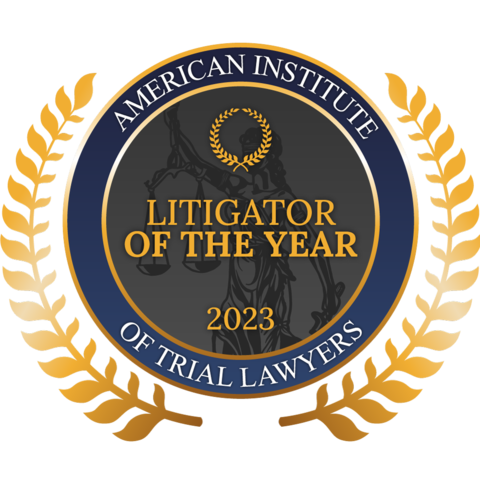Fraud Related Crimes Are Common In New York
There are a number of fraud-related crimes in New York ranging from issuing a bad check, a class B misdemeanor, to identity theft, a class D felony. Due to potentially severe penalties, it’s important that you speak with an experienced attorney as soon as possible to minimize the potential consequences. Depending on the specific charges against you, penalties can include any of the following:
- A criminal record that will be with you for life, which may have a negative impact on your job or career
- Being expelled from college or having your financial aid for your education revoked
- The possibility for immigration problems, including removal, whether you are here as a legal permanent resident or you are undocumented
- Steep fines and court fees
- Lengthy probation or jail or prison terms
You can see that the consequences of a fraud conviction can be quite serious. You should not fight these charges alone or trust your case to a less experienced attorney. As an Islip fraud lawyer, Mike Schillinger has the experience, knowledge and commitment to fight for you and help you minimize the consequences you will face.
Common Fraud Charges
Fraud charges range in severity from simple violations all the way up to serious felony offenses. Understanding what you’ve been charged with is important in determining the potential consequences. Some common fraud charges include the following:
False personation – A relatively straightforward crime, most people don’t even realize this is against the law. A person can be charged with false personation when, after being warned not to do so, they lie about their name, date of birth or address to a member of law enforcement. If convicted of false personation, a class B misdemeanor, you may be subject to 90 days in jail, a $500 fine or a year of probation.
Criminal impersonation – These charges can range in severity from a class A misdemeanor, where you are subject to a year in jail, to a class E felony, where depending on your predicate status, you may be subject to a much longer period of incarceration. This crime involves pretending to be another individual with the intent to defraud someone else. Depending on whether you are alleged to have impersonated a civilian, a public servant or a member of law enforcement or a physician, the severity and penalties of this crime may vary.
Identity theft – There are three degrees of identity theft in the New York penal law, the lowest of which is a class A misdemeanor, and the most serious of which is a class D felony. Each of these crimes involves using the identity of another for personal gain, and they are separated by the value of the property that is alleged to have been taken through fraudulent means.
Criminal possession of a forged instrument – By simply possessing a forged instrument, you may be charged with a class A misdemeanor, subjecting you to up to a year in jail along with other penalties. However, if you possess multiple forged credit cards, a forged prescription, forged currency and a number of other types of items, you may be subject to far more serious felony charges and increased penalties.
The most important thing for you to do if you or a loved one has been arrested is to speak to an experienced attorney as soon as possible. There may be a number of options available to you, and consulting an attorney is the first step in planning your defense.
One of the most familiar options to people is plea bargaining. Depending on the specific facts of your case, some possibilities that may be open to you during plea negotiations include the following:
- Pleading to a lesser charge and a sentence below the mandatory minimum
- Participation in substance abuse treatment in lieu of jail time
- Community service in exchange for a reduced sentence
- Fines in lieu of incarceration
- Probation in lieu of incarceration
If plea bargaining fails, the next step will be planning your defense. Depending on the specific facts of your case, there are a number of different ways an experienced lawyer may defend you. Some include arguing the following:
- The police officer who stopped you violated your constitutional rights.
- The search warrant executed on your home or vehicle was not constitutionally permissible.
- The search conducted of your person or vehicle was impermissible without a search warrant.
- Statements taken from you by the police were taken before your Miranda rights were administered.
- Evidence obtained through a wiretap was done so illegally.
- You did not have knowledge of the alleged items in your possession, or you did not know they were forged.
Many of these arguments may be made at the hearing or trial stage of your case in an effort to show that you are not guilty of the crimes alleged against you. While an acquittal at trial is never a certainty, I will work tirelessly to represent you through every step of the case to increase your chance of obtaining the best possible outcome.
Call a Dedicated Fraud Attorney in Islip For Help With Your Case
Contact Islip fraud lawyer Mike Schillinger today to schedule a time to speak as soon as possible so that we can set up a free consultation and start planning your defense.
 N/a
N/a
 N/a
N/a









